Top Class Actions’s website and social media posts use affiliate links. If you make a purchase using such links, we may receive a commission, but it will not result in any additional charges to you. Please review our Affiliate Link Disclosure for more information.
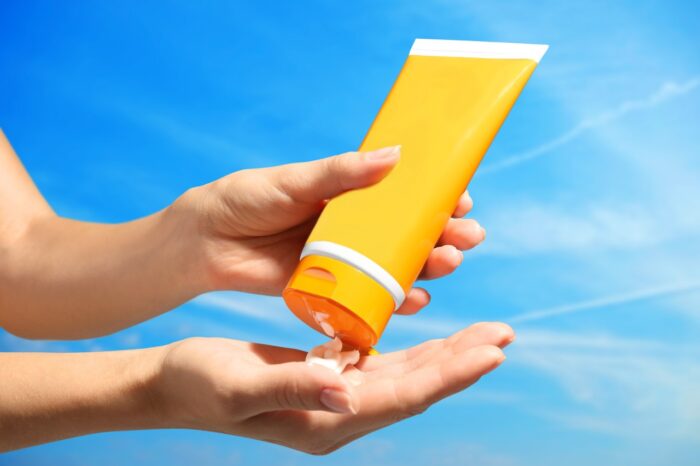
Sunscreen Brands Class Action Lawsuits Overview:
- Who: Class action lawsuits have been filed against a number of sunscreen brands recently, including Bayer, S.C. Johnson and CVS, among others.
- Why: Consumers’ allegations range from claims of benzene contamination to false advertising and labeling, misleading statements and dishonest ingredient disclosures.
- Where: The class action lawsuits have been filed nationwide and played a role in a number of recalls and settlements.
With spring break right around the corner, consumers may soon begin exploring sun protection options for long days at the beach and time spent outside.
A variety of factors can come into play when choosing a sunscreen, and, this year, class action lawsuits targeting numerous brands could factor into the decision.
From widespread claims of benzene contamination to allegations of dishonest ingredient disclosures, false advertising and labeling, and misleading environmental friendliness touts, among other things, sunscreen brands have been in consumer crosshairs, and, according to them, make these brands the worst in America:
Benzene Contamination Claims Lead To Recalls, Class Action
Numerous brands were faced with class action lawsuits alleging they sold sunscreen contaminated with the chemical benzene, a known human carcinogen.
The benzene contamination came to light following a released last May by Valisure, an independent analytical pharmacy, which found a number of cosmetic, sunscreen and other products contained levels of benzene. Benzene, which has been linked to a variety of health issues including blood cancers such as leukemia, can contaminate a product during the manufacturing process.
Johnson & Johnson recalled five of its Aveeno and Neutrogena brand sunscreens in July of last year, following the Valisure report. The recall came after J&J was targeted with multiple class action lawsuits claiming they sold sunscreen that was contaminated with benzene.
In November, J&J, along with Costco, reached a preliminary settlement agreement to resolve claims they manufactured and sold Aveeno and Neutrogena sunscreens containing benzene.
Bayer, meanwhile, recalled 12 of its Coppertone aerosol sunscreen spray products in October after the company identified the presence of benzene in them.
Class action lawsuits were also filed against Edgewell Personal Care, CVS Health and S.C. Johnson, among others, over claims they sold sunscreen and/or after-sun care products contaminated with benzene.
False Advertising Claims Target Ingredients, Protection Levels
Claims of false advertising have also been prevalent against sunscreen brands, ranging from allegations of misleading ingredient lists to inaccurate protection levels.
Bayer found itself in the headlines once again last year, when, in December, the company agreed to pay $2.25 million to resolve claims it mislabeled its Coppertone sunscreens as being mineral-based. Consumers argued Bayer was attempting to take advantage of a growing desire for true mineral-based products.
While not this year, CVS faced allegations of false advertising in 2017 by consumers who argued the company’s CVS Sport 100+ sunscreen spray only provided a protection level of SPF 26.
The claims were similar to those made in 2018 against Edgewell Personal Care for allegedly falsely advertising its Banana Boat sunscreen for kids and babies as being SPF 50 or 50+.
Johnson & Johnson also came under fire in 2017 from consumers claiming the company falsely advertised its Neutrogena sunscreen products as being naturally sourced. Consumers alleged Neutrogena sunscreens actually contain artificial and synthetic ingredients, making defunct the company’s claims they are entirely natural and naturally sourced.
Companies Held Accountable For ‘Reef-Friendly’ Representations
False advertising claims have also begun to focus on holding companies accountable for their environmentally friendly and sustainability representations.
In October, The Hain Celestial Group was the target of a class action lawsuit that claimed its Alba Botanica sunscreens are mislabeled as being “reef-friendly.”
Consumers argue the Alba Botanica sunscreens, which are sold nationwide, contain petrochemicals known to damage reefs in spite of the company’s reef-friendly claims and representations.
The petrochemicals are so dangerous to reefs that the ingredients are even banned in Hawaii, consumers in the class action lawsuit in the claim.
Kroger, meanwhile, faced similar claims in October by consumers who argue the company mislabels its sunscreen products as “reef-friendly” despite the fact they allegedly contain ingredients that are hazardous to coral and marine life.
Edgewell Personal Care Brands was also targeted with a class action lawsuit last year claiming it falsely advertised certain of its Banana Boat sunscreens as being “reef-friendly.”
Chemical Ingredients In Sunscreen Products Under Microscope
The safety of sunscreen products was brought into question following a 2019 pilot study that revealed that their chemical ingredients can be absorbed into the bloodstream within one day of use.
The study, which was conducted by the Food and Drug Administration’s Center for Drug Evaluation and Research, found 60% of sunscreens may not be able to pass safety tests that had been proposed by the FDA.
Chemical ingredients in sunscreen were at the center of a May 2021 class action lawsuit targeting Crown Laboratories over the alleged chemical ingredients in its Blue Lizard brand sunscreen.
A consumer argued the Blue Lizard sunscreen was mislabeled as being mineral based, despite the fact it allegedly contains active chemical ingredients.
Similar claims were filed against Bayer in 2020 by a consumer who argued its Coppertone sunscreens contain harmful chemical ingredients, despite the company passing them off as being mineral based.
Join a sunscreen cancer lawsuit investigation (links to paid attorney advertising).
Don’t Miss Out!
Check out our list of Class Action Lawsuits and Class Action Settlements you may qualify to join!
Read About More Class Action Lawsuits & Class Action Settlements:




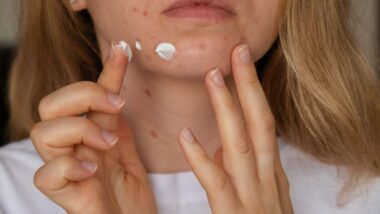
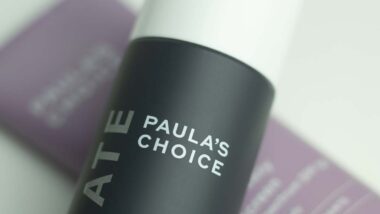
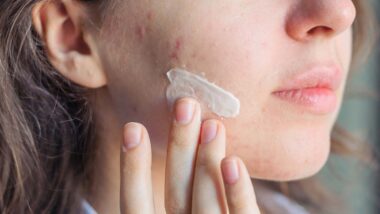
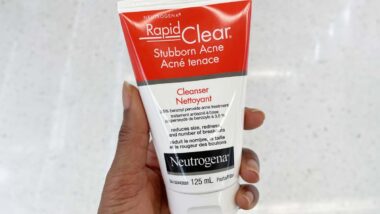
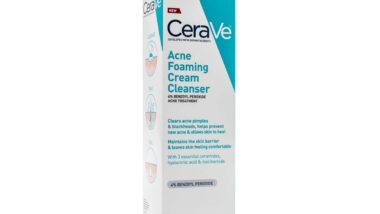
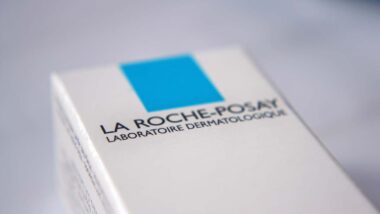

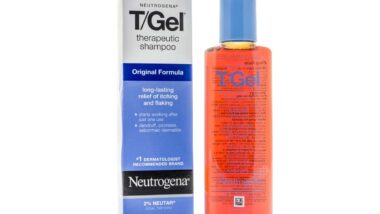
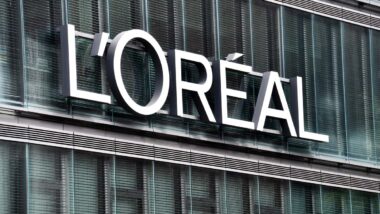


143 thoughts onAccording to Class Action Lawsuits, These Are the Worst Sunscreen Brands in America
Add me
Please add me..have used for years!!
I HAVE PURCHASED BOTH AVEENO AND NEUTROGENA SUNSCREEN PRODUCTS. PLEASE ADD ME. SO VERY DISAPPOINTING CONSIDERING YOU PUT YOUR TRUST IN THESE COMPANIES.
Add me please. I use Neutrogena sunscreen. So disappointed
Add me please
Add me!!!
Going on vacation brought the neutrogena beach defense spf30 and sunscreen spray
Used Coppertone and Neutrogena sunscreens.
Plz add me. I have used Neutrogena for 2 yrs and Copperyone since I was a child.
my wife uses please add us
Please add me